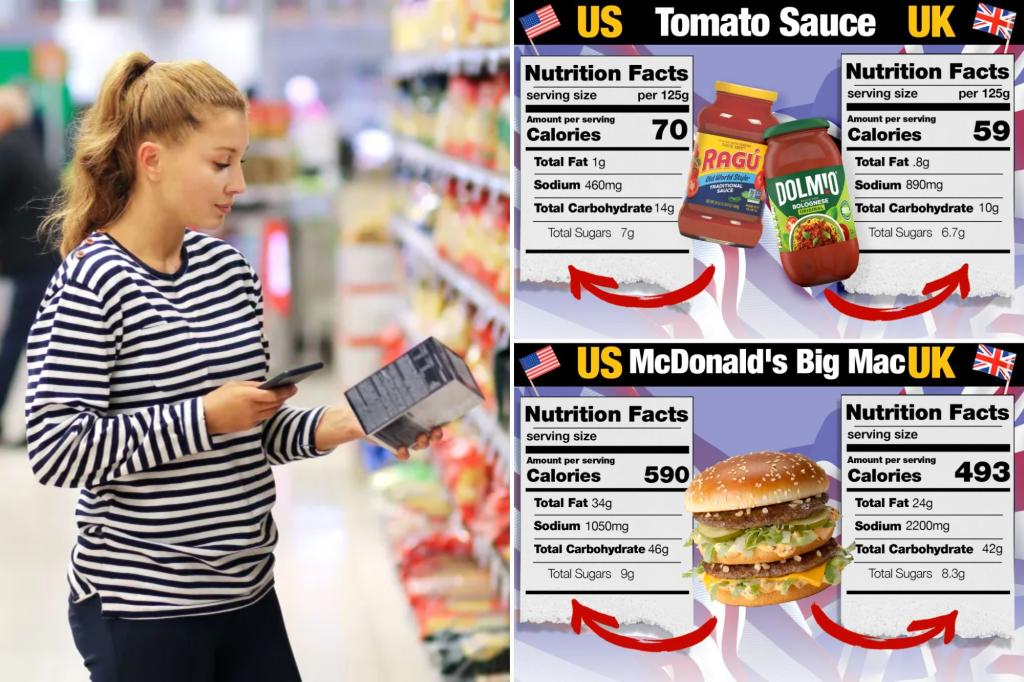Neurosurgeon reveals 3-ingredient dinner to prevent Alzheimer’s

This recipe may leave you hooked.
Dr. Jonathan J. Rasouli, a board-certified spine neurosurgeon in New York, is detailing his meal plan rich in brain-healthy omega-3 fatty acids and phytonutrients and low in carbs, sugar and fat.
“It tastes great and I never get tired of it,” Rasouli, director of complex and spinal deformity surgery in the Department of Neurological Surgery at Staten Island University Hospital, recently told Parade. “It’s very easy to make and doesn’t require a lot of ingredients.”
The MIND diet – which emphasizes green leafy vegetables, berries, beans, nuts, whole grains, fish and olive oil – was developed specifically for brain health. The nutrition plan is a blend of the plant-friendly Mediterranean diet and the DASH diet, which focuses on relieving high blood pressure.
Salmon is encouraged as part of the MIND diet because it boasts omega-3 fatty acids, which are believed to maintain the integrity of cell membranes in the brain, facilitate communication between neurons, improve blood flow to the brain, support the creation of new brains. cells and lower inflammation.
That’s why Rasouli often prepares grilled salmon seasoned with turmeric and steamed broccoli on the side.
The main active ingredient in turmeric is curcumin, which has shown potential in reducing inflammation, improving memory and slowing the development of amyloid plaques, a hallmark of Alzheimer’s disease.
Alzheimer’s is the most common form of dementia – characterized by a decline in memory, thinking and learning. Nearly 7 million Americans have been diagnosed with dementia, but researchers say millions more likely have symptoms of dementia but no official diagnosis.
Broccoli, on the other hand, contains glucosinolates, which are converted into isothiocyanates when chewed. Isothiocyanates have been shown to reduce oxidative stress and inflammation. Broccoli also contains vitamins C, K and A, as well as potassium, calcium and iron.
But Rasouli cautions against adding too much salt to the salmon and dipping the broccoli on the high-carb side.
Excess salt and refined carbohydrates can potentially contribute to brain inflammation.
“Any dinner that’s low in processed ingredients, sugars and unhealthy fats would be a good dinner not only for Alzheimer’s prevention, but for your overall health,” Rasouli told Parade. “I like to stay away from red meat, processed meat like sausages and anything high in sugar. These have been shown to contribute to insulin resistance, which is a risk factor for dementia.
For breakfast, Rasouli favors the “electric” meal of grass-fed steak, pasture-raised eggs and leafy greens or avocado, which contain healthy fats.
Grass-fed steak has high-quality protein, iron and vitamin B12, Rasouli said, which support energy, focus and cognitive function.
“In addition, grass-fed beef contains higher levels of omega-3 fatty acids and antioxidants such as vitamin E compared to conventional beef, which may further benefit brain health,” Rasouli told The Post. “Pasture-raised eggs are rich in choline, an essential nutrient for memory and brain function, and they also provide a higher concentration of omega-3s than standard eggs.”
Another brain-healthy breakfast is avocado toast with whole grain bread and a hard-boiled egg.
For lunch, Rasouli is a fan of grilled chicken or salmon salad with leafy greens, olive oil and walnuts, thanks to the antioxidants, omega-3s and healthy fats.
A second choice is a quinoa bowl with roasted vegetables, chickpeas and tahini sauce. “Quinoa is a complete protein and provides slow-release carbohydrates,” explained Rasouli. “Chubby adds fiber and protein, while tahini provides brain-boosting fats.”
#Neurosurgeon #reveals #3ingredient #dinner #prevent #Alzheimers
Image Source : nypost.com





